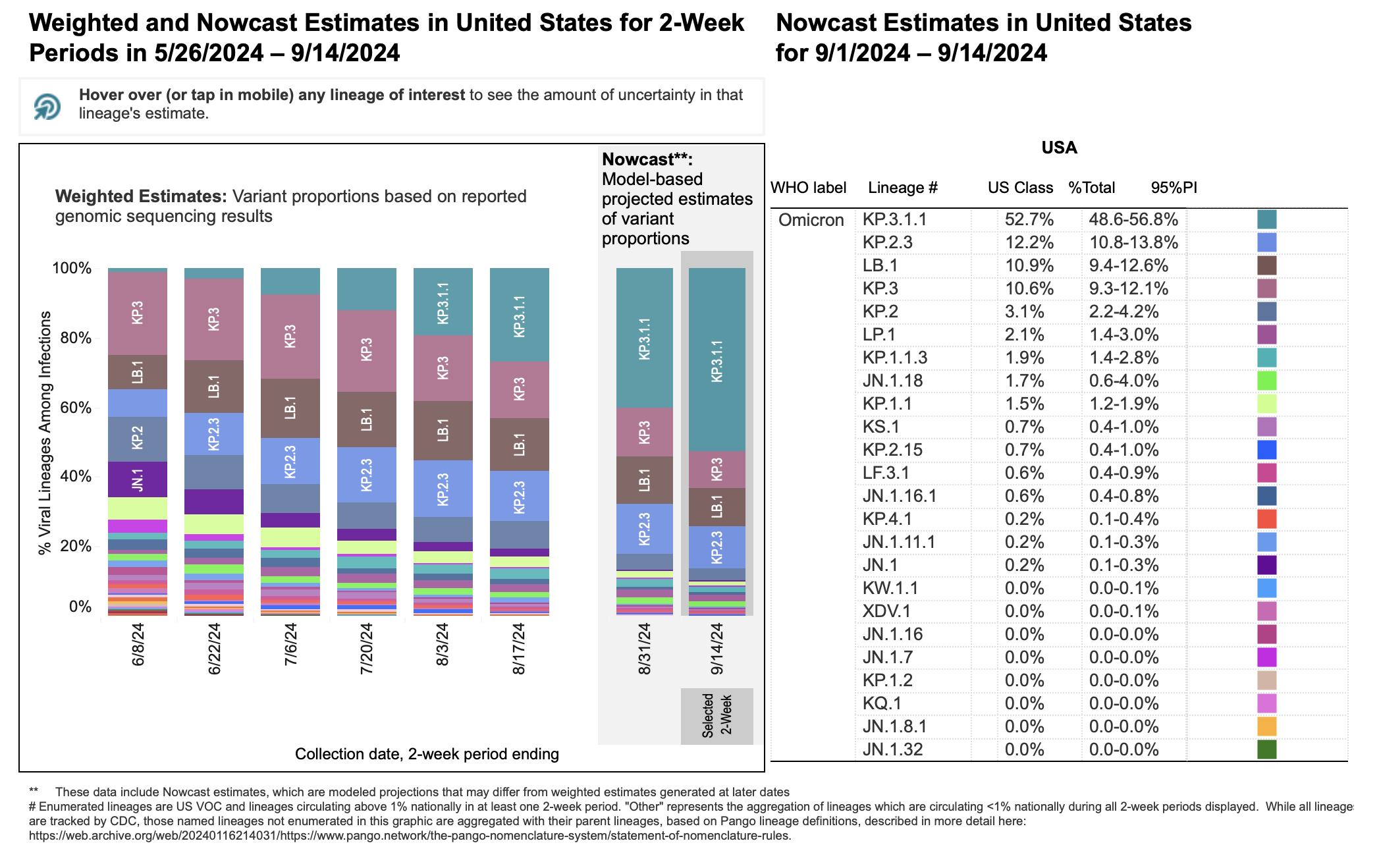Rosemary & Thyme In Traditional Medicine

Table of Contents
Rosemary in Traditional Medicine
Rosemary ( Rosmarinus officinalis), with its distinctive pine-like fragrance, has been utilized for its medicinal properties for millennia. Its applications in traditional medicine are vast, stemming from its potent antioxidant and anti-inflammatory properties.
Rosemary for Cognitive Function
Rosemary has long been associated with improved cognitive function. Traditional healers often recommended it to enhance memory and focus.
- Improved Memory: Anecdotal evidence and some preliminary research suggest rosemary may improve memory recall and cognitive performance.
- Enhanced Focus: The invigorating aroma of rosemary is believed to enhance concentration and alertness.
- Alzheimer's Disease: Some studies explore the potential of rosemary in supporting cognitive health in individuals with Alzheimer's disease; however, further research is crucial before definitive conclusions can be drawn.
- Cognitive Enhancement: The antioxidant properties of rosemary, particularly its rosmarinic acid content, are thought to play a role in protecting brain cells from damage and potentially enhancing cognitive function. This protective effect may contribute to its perceived cognitive benefits.
Rosemary for Hair and Skin Health
Rosemary's benefits extend beyond cognitive function; it has also been traditionally used for hair and skin health.
- Stimulates Hair Growth: Rosemary essential oil is often used topically to stimulate hair follicles and improve hair growth. Many believe it improves scalp circulation, leading to healthier hair.
- Improves Scalp Circulation: Massaging rosemary oil into the scalp may enhance blood flow, potentially promoting hair follicle nourishment.
- Reduces Dandruff: The anti-inflammatory and antimicrobial properties of rosemary may help combat dandruff and other scalp irritations.
- Anti-inflammatory Properties for Skin: Its anti-inflammatory properties can soothe skin irritation and may help with certain skin conditions. However, always test a small area first to check for allergic reactions.
Rosemary as an Antioxidant and Anti-inflammatory
Rosemary is exceptionally rich in antioxidants, compounds that combat harmful free radicals in the body.
- Rich in Antioxidants: Rosemary contains significant levels of antioxidants like rosmarinic acid and carnosic acid, which neutralize free radicals that contribute to cellular damage.
- Combats Free Radicals: By neutralizing free radicals, rosemary may help protect cells from oxidative stress, contributing to overall health and well-being.
- Potential Benefits for Inflammation Reduction: Its anti-inflammatory properties may help reduce inflammation throughout the body, potentially alleviating symptoms of various inflammatory conditions.
- Supports Overall Health: The combined antioxidant and anti-inflammatory effects of rosemary contribute to its reputation as a powerful herb for overall health support.
Thyme in Traditional Medicine
Thyme (Thymus vulgaris), another aromatic herb, holds a significant place in traditional medicine, especially for respiratory ailments. Its potent antimicrobial properties are key to its traditional uses.
Thyme for Respiratory Health
Thyme has been a long-standing remedy for respiratory issues.
- Effective Cough Suppressant: Thyme's soothing properties can help suppress coughs associated with colds and bronchitis.
- Combats Bronchitis: Its antimicrobial properties may help combat the bacterial infections that often cause bronchitis.
- Relieves Congestion: Thyme can help thin and loosen mucus, relieving congestion in the airways.
- Antimicrobial Properties: Thyme essential oil contains thymol, a potent antimicrobial agent that targets various bacteria, viruses, and fungi, making it effective against respiratory infections.
Thyme's Antimicrobial Properties
Thyme's antimicrobial prowess makes it a valuable herb for treating infections.
- Fights Bacteria, Viruses, and Fungi: Thymol, the main active component in thyme, exhibits broad-spectrum antimicrobial activity.
- Potential Benefits for Treating Infections: Traditional uses included treating various infections, both internally and topically.
- Immune-Boosting Properties: The antimicrobial properties of thyme may indirectly support the immune system by helping the body fight off infections.
- Mechanisms of Antimicrobial Action: Thymol disrupts microbial cell membranes and interferes with their metabolic processes.
Thyme for Digestive Health
Beyond respiratory health, thyme also has a place in traditional digestive remedies.
- Relieves Digestive Discomfort: Thyme can soothe digestive upset and help alleviate symptoms like bloating and gas.
- Aids Digestion: It may promote healthy digestion and reduce discomfort after meals.
- Potential Benefits for Bloating and Gas: Thyme's carminative properties can help expel excess gas from the digestive tract.
- Traditional Uses: Historically, thyme has been included in various herbal remedies designed to improve digestive function.
Modern Research on Rosemary and Thyme
While traditional uses of rosemary and thyme are extensive, modern scientific research is continually evaluating their efficacy. Studies have investigated their antioxidant, anti-inflammatory, and antimicrobial properties, lending support to some traditional claims. However, more large-scale, rigorously controlled clinical trials are needed to fully establish the therapeutic benefits of rosemary and thyme for various health conditions. This research is ongoing, and we can expect further insights in the future. [Link to a relevant research database could be inserted here]
Safe and Effective Use of Rosemary and Thyme
While generally safe, rosemary and thyme should be used responsibly.
- Rosemary Side Effects: Potential side effects are generally mild but can include allergic reactions in sensitive individuals. Pregnant or breastfeeding women should consult their doctor before using rosemary.
- Thyme Side Effects: Similar to rosemary, thyme is generally safe, but allergies can occur. High doses may cause digestive upset. Consult a physician before using thyme if you have any underlying health conditions.
- Herbal Safety: Always purchase herbs from reputable sources to ensure quality and purity.
- Dosage: Follow recommended dosages on product labels or as advised by a healthcare professional.
- Precautions: Consult your doctor before using rosemary and thyme if you are pregnant, breastfeeding, have underlying health conditions, or are taking medications, as interactions are possible.
Conclusion:
Rosemary and thyme, two humble kitchen herbs, possess a rich history of use in traditional medicine. Their potential benefits span cognitive function, respiratory health, and overall well-being, primarily due to their potent antioxidant and antimicrobial properties. While modern research is still unfolding, traditional uses and preliminary scientific evidence offer compelling reasons to consider incorporating these herbs into a holistic health regimen. However, responsible use and consultation with a healthcare professional are paramount to ensure safe and effective utilization. Discover the power of rosemary and thyme in your own wellness journey, but remember to proceed with informed caution. Learn more about the potential health benefits of rosemary and thyme and incorporate them into your holistic health regimen responsibly.

Featured Posts
-
 Who Reports New Covid 19 Variant Contributing To Increased Case Numbers
May 31, 2025
Who Reports New Covid 19 Variant Contributing To Increased Case Numbers
May 31, 2025 -
 Bannatynes Essex Club To Add Padel Courts Proposal Details Revealed
May 31, 2025
Bannatynes Essex Club To Add Padel Courts Proposal Details Revealed
May 31, 2025 -
 Economists Urge Ecb Caution Avoiding Rate Cut Delays
May 31, 2025
Economists Urge Ecb Caution Avoiding Rate Cut Delays
May 31, 2025 -
 Indian Wells Top Seed Zverevs First Round Exit And Honest Assessment
May 31, 2025
Indian Wells Top Seed Zverevs First Round Exit And Honest Assessment
May 31, 2025 -
 Tomorrow Is A New Day Insights From Molly Jongs Pw Interview
May 31, 2025
Tomorrow Is A New Day Insights From Molly Jongs Pw Interview
May 31, 2025
